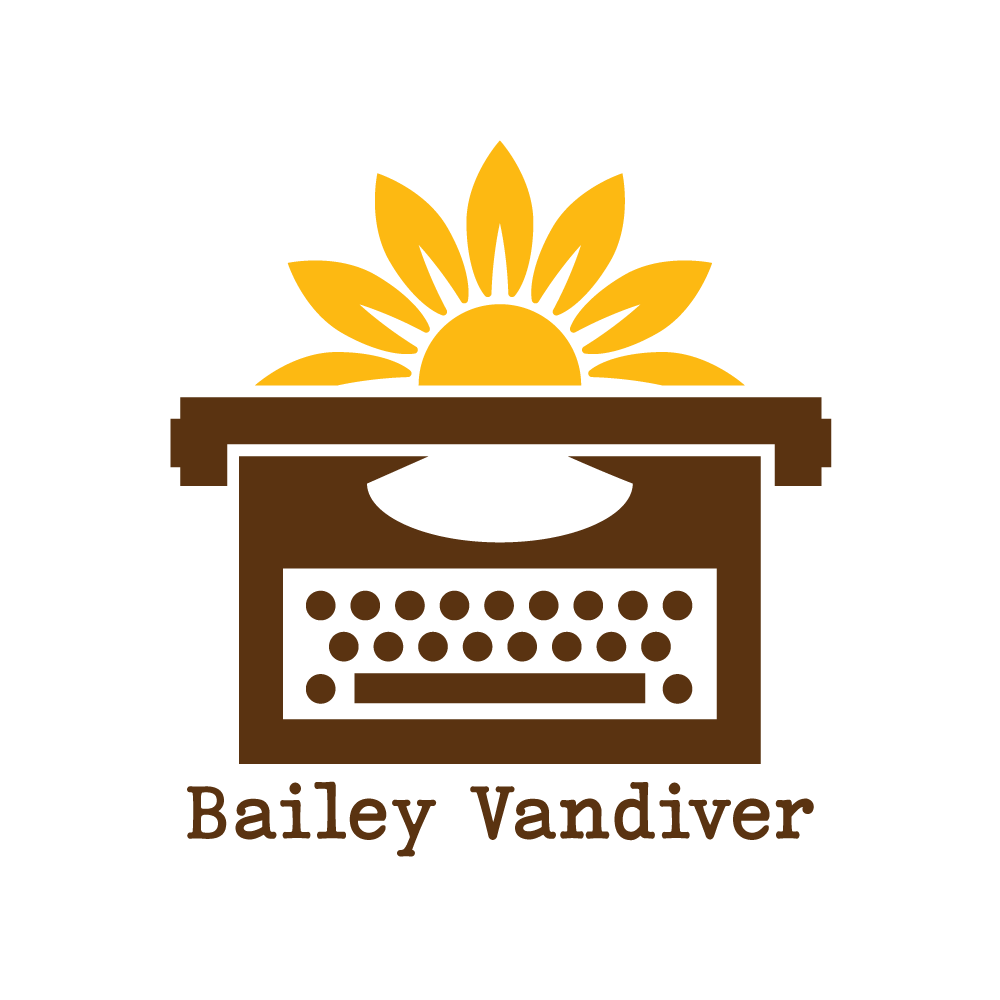coffee and chicken tenders
This weekend, Loui and I took a 24-hour trip to Bowling Green that included celebrating the birthday of one of his best friends from high school, meeting the precious kitten of one of my best friends from high school, spending time with my family—and going to Spencer’s Coffee twice to get my favorite iced vanilla latte.
Yesterday, for our first Spencer’s stop, Loui and I bypassed a few open parking spots with traffic cones and signage that we assumed said “no parking.” But as we left, we heard some ladies at an outside table saying they had 30 minutes before they needed to move their car from one of those spots.
“Oh, must be 30-minute parking for some reason,” I said to Loui, as opposed to the normal two-hour limit in downtown BG. (“I really respect Bowling Green for not charging for this parking,” Loui added.)
Today, stopping at Spencer’s again on the way out of town, we chanced parking in one of those spots and read that the signs forbid parking on Saturday, April 12, beginning at 3 p.m.
“Oh!” I said, genuinely excited to have figured this out. “We were here around 2, so they had about 30 minutes before they needed to move the car.”
Loui laughed. “Doing detective work on our own past events,” he said.
“That’s what I do!” I said.
…
What Loui called “detective work” I half-jokingly call “investigative journalism”—the work I do to document my life in my journals. I am nearly always journaling about a time that is, at minimum, a week or two in the past, and sometimes I fall drastically behind. So my journaling often requires investigation, going through to-do lists and photos and text messages to reconstruct a day for my journal.
Sometimes I “interview” others to get information for my journaling (I just asked Loui how I phrased my response to his “detective work” comment). But it also goes the other way: My family often asks me for memories or information, trusting that I will remember or have it documented (such as the password for the family Apple ID account I haven’t used in half a decade).
A few week ago, my mother texted me, “Why were we in Tennessee that time you wanted to go to Zaxby’s and we ended up in the middle of nowhere?”
I remembered that—when it was just me and my mom on a short road trip, and I wanted Zaxby’s so badly that we went too far out of the way. But I couldn’t remember what the trip was for. Maybe speech or yearbook, I said.
Then, a few minutes later, I texted that it was when we went to visit my newborn cousin in the hospital.
“Did you look in your journal or did you remember?” my mom asked.
“I remembered. I can try to find it in my journal,” I replied.
But then I realized that it was March 2011, about eight months before I started keeping my journal—the Wild West, the Dark Ages, a black hole. Nearly lost to history.
…
I remembered, while writing this, that I once published a blog post called “George’s journal.” So I did my detective work/investigative journalism and found it, on my old WordPress site that is deactivated but still saved for me.
It was in 2016, pretty early in my Hamilton fandom. Led to Ron Chernow’s work by Lin-Manuel Miranda, I had read Alexander Hamilton and Washington: A Life by the great biographer, and I was struck by how much we know about American history solely because many of our Founding Fathers kept a journal.
“How did journaling go from something that everyone of consequence did to something that seems unusual and even unnecessary today?” I wondered in that blog post. “I wish that everyone journaled in the same way that I do. There are so many benefits to it: I wrote things in my journals that I forgot two seconds later, but now I have that to go back to. When I'm in a mood to write but have no ideas, I journal. I cultivate my own voice as a writer. It makes me live a more literate life.”
I talk about my journaling a lot—maybe too much, especially when I could spend that time journaling instead. But I hope that my journaling might inspire others to try it. How else will we remember each trip to Zaxby’s or every revolutionary war won?
